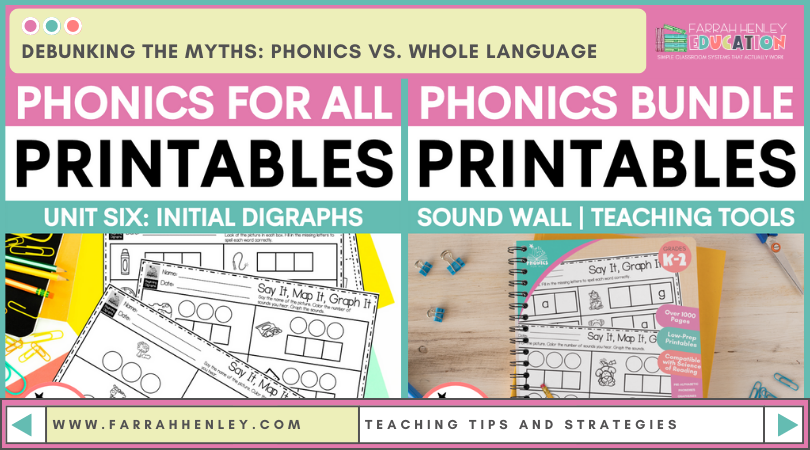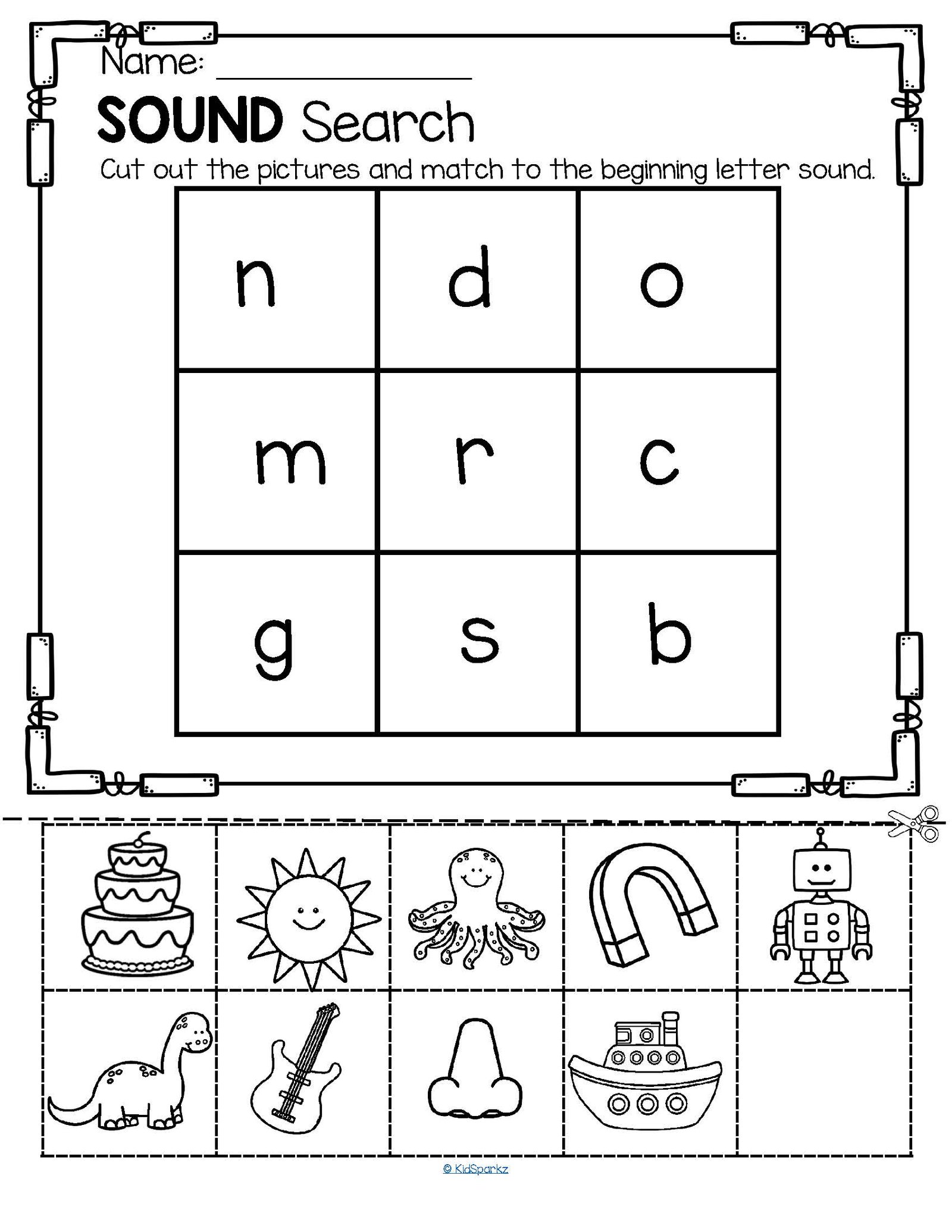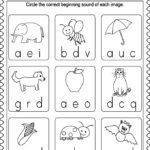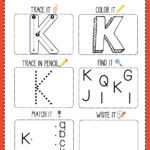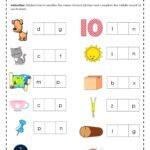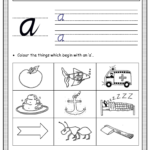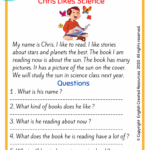Introduction
In this document, we will discuss the differences between phonics and whole language worksheets. We will explain the benefits of using phonics worksheets and how they differ from whole language worksheets.
What are Phonics Worksheets?
Phonics worksheets are learning tools that focus on teaching children the relationship between letters and the sounds they make. These worksheets typically include various exercises that help children recognize and decode letter-sound patterns.
What are Whole Language Worksheets?
Whole language worksheets, on the other hand, emphasize the use of context and meaning in reading. They focus on reading comprehension and encourage children to understand the text as a whole rather than breaking it down into individual sounds or letters.
Benefits of Phonics Worksheets
Phonics worksheets provide several advantages for children learning to read. They help develop strong phonemic awareness, enabling children to recognize and manipulate individual sounds in words. By building this foundation, children can improve their decoding and spelling skills.
Benefits of Whole Language Worksheets
Whole language worksheets promote reading fluency and comprehension. They encourage children to understand the overall meaning of a text, promoting critical thinking and analysis. Whole language approach helps children develop their vocabulary and reading comprehension skills.
Differences Between Phonics and Whole Language Worksheets
Phonics worksheets focus on teaching letter-sound relationships and decoding skills, whereas whole language worksheets emphasize reading comprehension and understanding the meaning of a text. Phonics worksheets break words down into individual sounds, while whole language worksheets encourage reading in context.
Conclusion
Both phonics and whole language worksheets have their merits in literacy instruction. Phonics worksheets provide a strong foundation in decoding and spelling, while whole language worksheets promote reading fluency and comprehension. It is important to consider the individual needs and learning styles of children when choosing between these approaches.
Phonics Vs Whole Language Debunking The Myths
Phonics Vs Whole Language In The Special Education Classroom
